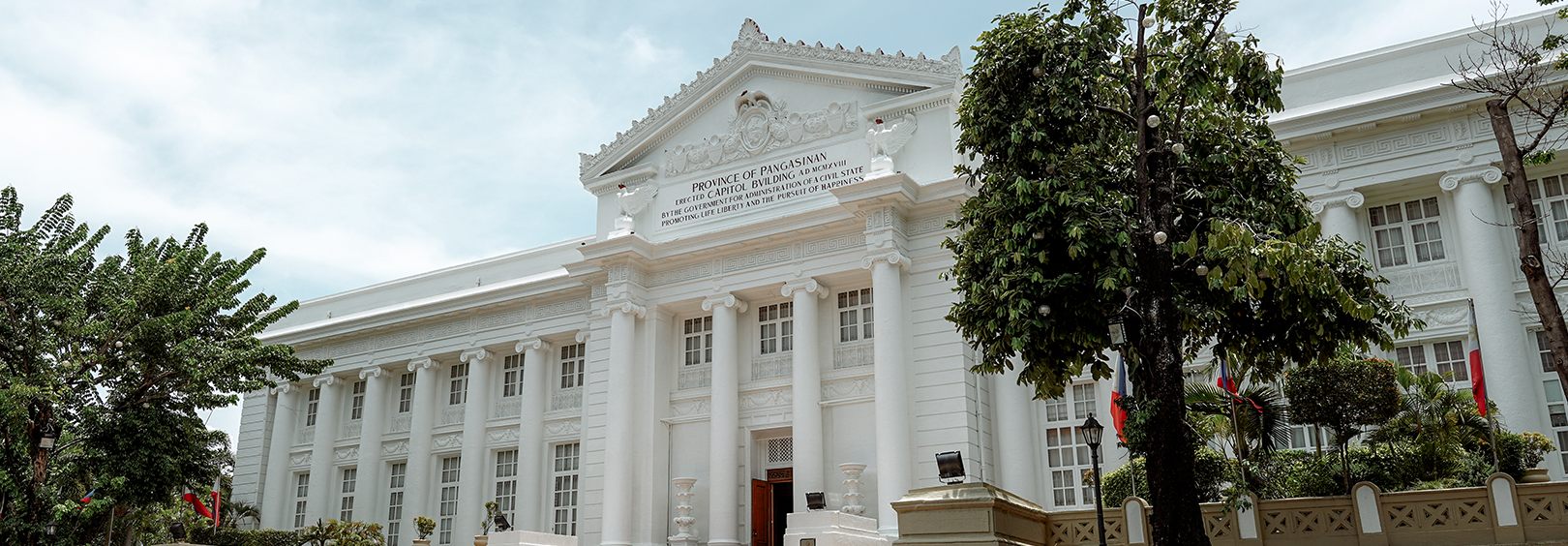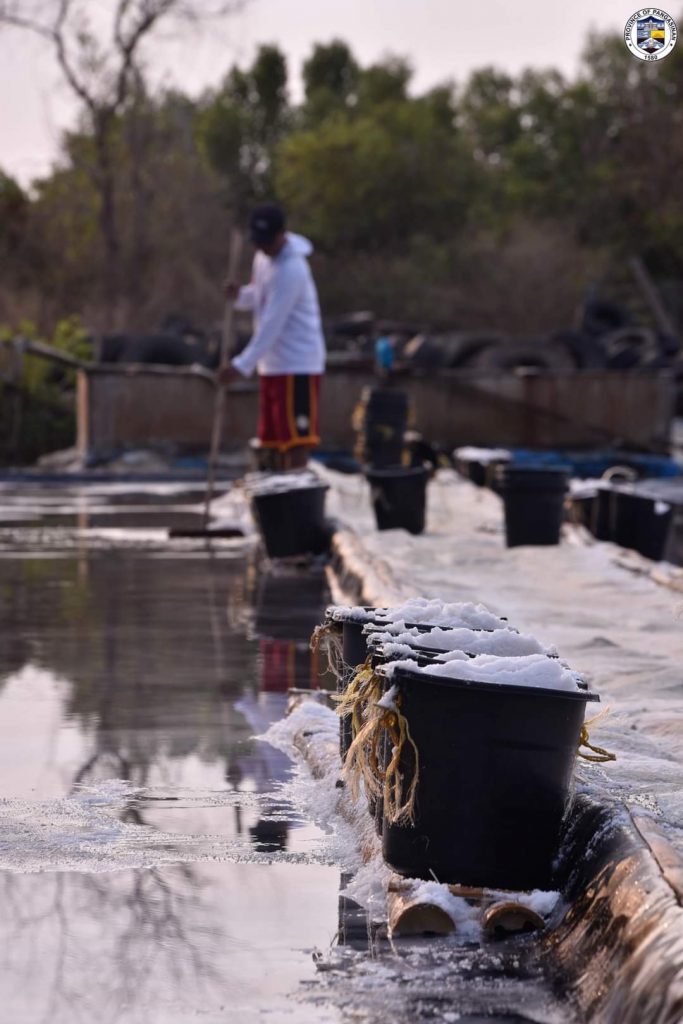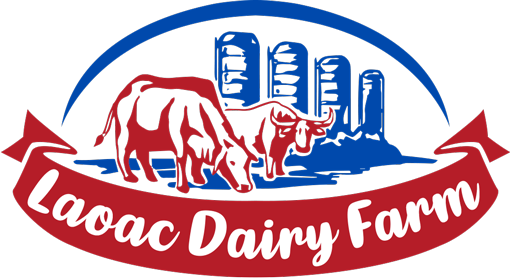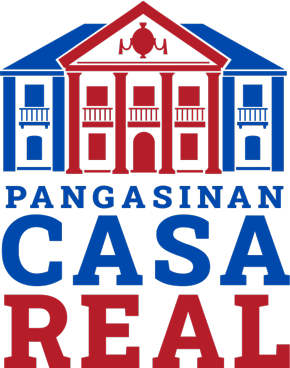LINGAYEN, PANGASINAN — After more than two years, the 473-hectare salt farm in Barangay Zaragoza in Bolinao town will finally start producing salt again.
But this time, the provincial government will be operating it, not the Pacific Farms Inc., whose foreshore lease contract had expired in 2002 and was not renewed by the Department of Environment and Natural Resources (DENR).
The salt farm, which was shut down in February 2021, used to be the country’s largest salt producer, contributing up to 25,000 metric tons (MT) a year to the country’s total salt production.
“By July this year, we will start our preliminary activities in the farm so that by October, we will already start harvesting salt,” said Nestor Batalla, assistant provincial agriculturist.
Last December, Gov. Ramon Guico III signed a memorandum of agreement with the DENR for the “interim management” of the area for salt production and other related activities, such as bangus production.
“We have a crisis in salt, and with this development, we are able to respond to the call of the President (Marcos) to contribute to national food security,” said Governor Guico.
Last year, industry experts said the country imports 93 percent of its salt requirements of 600,000 MT per year.
Pangasinan, whose name is derived from the local term for salt (“asin”), is the country’s largest salt producer.
In 2021, the province produced 64,156 MT from its 1,432.4-hectare salt farms located in seven towns and Alaminos City, according to the data collected by the Office of the Provincial Agriculturist.
Governor Guico’s special assistant and former Board Member Von Mark Mendoza said that the provincial government will be introducing innovations to increase the volume of salt produced at the Zaragoza farm.
For instance, plastic-roofed tunnels will be built over the salt beds to enable them to continue producing salt even when it is raining.
Mendoza learned of this salt production technology during a recent benchmarking visit to Indonesia, where the tunnel system in salt farms is widely used. He said that the tunnel system increased salt production by up to about 30 percent.
He also said that instead of installing tiles on the salt beds, high-density polyethelene will be used for higher yield and to produce better quality salt.
“One thing unique in Indonesia is that they have a salt production area that is state-owned. But through the initiative of the Governor, the provincial government itself is now venturing into salt production,” Mendoza said.
Mendoza was with Batalla, Board Member Philip Theodore Cruz, Engr. Amadeo Veras of the Provincial Engineer’s Office, and Sydney Soriano of the Provincial Information Office during the five-day visit to Indonesia.
“With Divine intervention and our salt production will succeed, we can become trailblazer, we will be the leading LGU in the field of salt production,” Mendoza said. (PangasinanPIO)




















